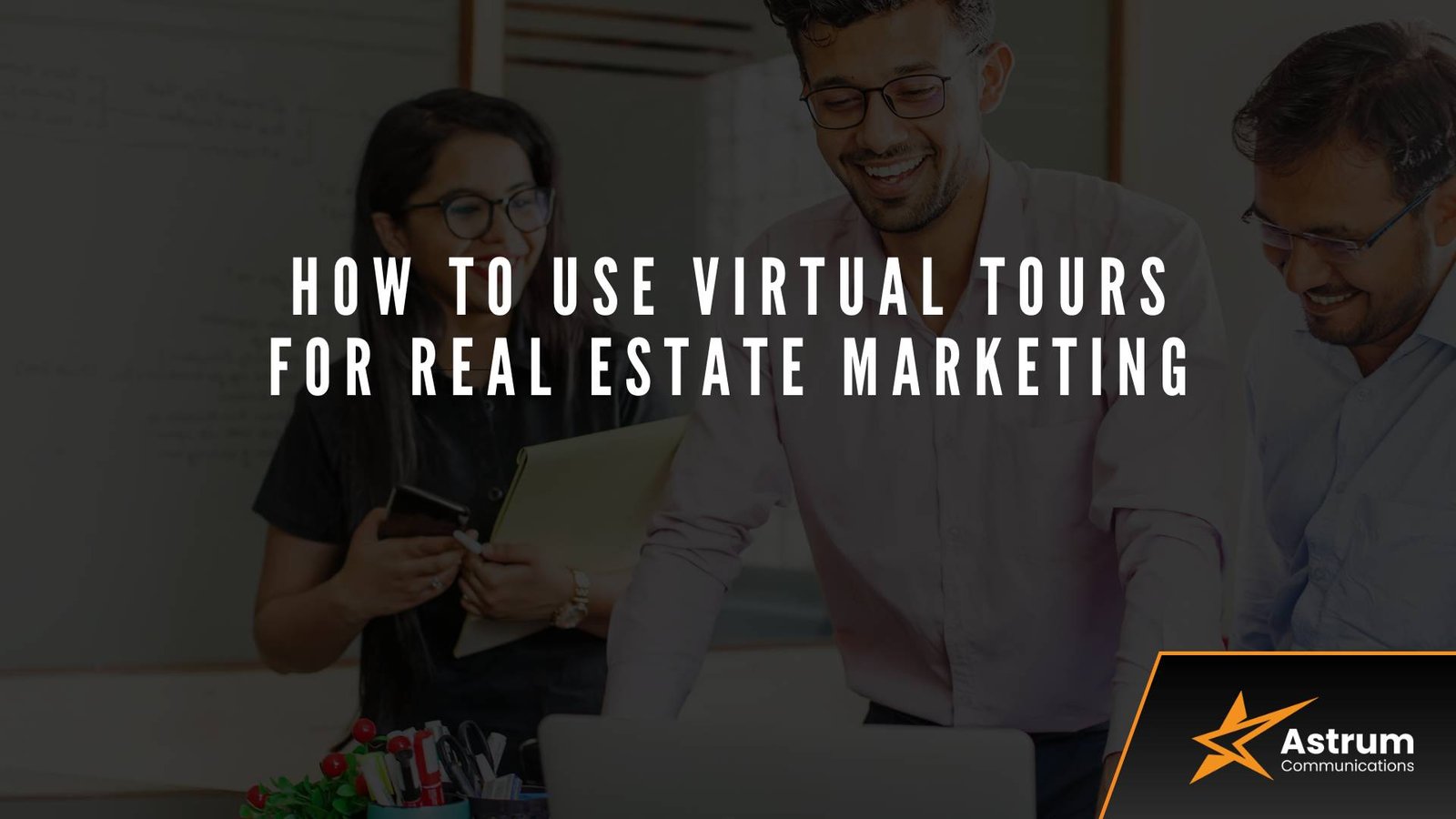Virtual tours are a powerful tool in real estate marketing, allowing potential buyers to explore properties from the comfort of their homes. By showcasing listings through immersive experiences, agents enhance engagement, increase visibility, and build trust with clients, making the buying process more accessible and informative.
Table of Contents
ToggleCreating 360-Degree Virtual Tours for Property Listings
Creating 360-degree virtual tours for property listings enhances real estate marketing by providing an immersive experience for potential buyers. These tours allow viewers to explore a property from the comfort of their homes, showcasing key features and unique layouts in detail. By integrating virtual tours into listings, agents can capture the attention of prospective clients and increase engagement. This interactive approach can lead to higher interest levels and potentially quicker sales. Furthermore, embedding virtual tours on websites and sharing them via social media can improve visibility and search engine rankings, aligning with contemporary digital marketing practices. Implementing this strategy not only showcases properties effectively but also positions agents as knowledgeable professionals in the competitive real estate market.
Using Virtual Tours to Showcase Properties Remotely
Using virtual tours in real estate marketing offers an effective way to showcase properties remotely, allowing potential buyers to explore homes from the comfort of their own space. These interactive experiences provide a detailed view of a property, highlighting its features and layout. By integrating virtual tours into listings, real estate agents can reach a broader audience, attract more interest, and enhance engagement. The quality of these tours contributes to better online visibility, as search engines value content that offers a rich user experience. Additionally, incorporating keywords related to virtual tours and real estate can improve search engine rankings, making it easier for prospective buyers to find listings. Overall, virtual tours serve as a powerful tool for real estate marketing, helping agents connect with clients in meaningful ways.
Hosting Virtual Open Houses for Prospective Buyers
Hosting virtual open houses can be an effective way to engage prospective buyers in today’s digital landscape. By providing immersive virtual tours, real estate agents can showcase properties in a compelling manner, allowing viewers to explore homes at their own pace. These online events can attract a wider audience, including those unable to visit in person. To maximize the impact, it’s important to promote the virtual open house through various channels, such as social media and email newsletters. Additionally, incorporating interactive features—like live Q&A sessions—can enhance buyer engagement and help establish the agent’s authority in the real estate market. Overall, virtual open houses not only facilitate property viewing but also contribute to a robust marketing strategy, meeting the needs of tech-savvy buyers in a changing real estate environment.
Sharing Virtual Tours Across Social Media and Listing Websites
Sharing virtual tours across social media and listing websites is an effective strategy for real estate marketing. These immersive experiences allow potential buyers to explore properties from the comfort of their homes, increasing engagement and interest. By posting virtual tours on platforms like Instagram, Facebook, and YouTube, real estate agents can reach a wider audience and showcase properties in a dynamic way. Additionally, integrating these tours into listing websites enhances visibility and can improve search engine rankings, making it easier for prospective buyers to find the property. Consistent sharing of quality content, including virtual tours, helps establish authority in the real estate market, further attracting leads and fostering trust with clients. As homebuyers increasingly rely on online research, incorporating virtual tours into marketing efforts is essential for staying competitive.
Using Virtual Tour Ads to Attract Remote Buyers
Virtual tour ads are an effective tool for attracting remote buyers in real estate marketing. By offering immersive online experiences of properties, these ads allow potential buyers to explore homes from the comfort of their own location. To implement virtual tours effectively, focus on high-quality visuals and engaging narratives that highlight each property’s unique features. Incorporating local insights and neighborhood highlights can enhance the appeal, providing buyers with a comprehensive understanding of the area. Promoting these virtual tours across various platforms, such as social media and real estate websites, boosts visibility and increases the chances of connecting with interested buyers. Overall, virtual tour ads serve as a practical strategy to reach and engage remote audiences, facilitating informed decision-making in their property search.
Tracking Engagement and Leads from Virtual Tours
Tracking engagement and leads from virtual tours is key to refining real estate marketing strategies. By monitoring metrics such as view duration, interaction rates, and lead submissions, agents can gauge how effectively their virtual tours attract and retain potential buyers. Analyzing user behavior during these tours helps identify which features or properties generate the most interest. Integrating lead capture forms within the virtual tour can prompt visitors to share their contact information, facilitating follow-up. Additionally, using analytics tools can provide insights into demographics and preferences, allowing for targeted marketing efforts. Understanding these engagement points not only aids in enhancing the user experience but also positions agents as knowledgeable in the market, fostering trust and authority within the real estate community. This comprehensive approach ensures that virtual tours serve as a powerful tool for increasing leads and improving overall marketing effectiveness.
Combining Virtual Tours with Traditional Marketing for Maximum Reach
Combining virtual tours with traditional marketing strategies can significantly enhance real estate marketing efforts. Virtual tours provide immersive experiences, allowing potential buyers to explore properties from the comfort of their homes. By integrating these tours into traditional marketing channels, such as print advertisements and open house events, real estate professionals can reach a broader audience. Sharing virtual tours on social media platforms and through email campaigns can increase visibility and attract more leads. Traditional marketing materials can highlight the availability of virtual tours, guiding interested buyers to experience the property digitally. This cohesive approach not only enriches the user experience but also positions agents as knowledgeable authorities in the real estate market, enhancing their credibility. Emphasizing local community features alongside property listings in virtual tours further boosts engagement and search relevance, ultimately driving more interest and sales.
Conclusion
In conclusion, incorporating 360-degree virtual tours into real estate marketing enhances property listings by providing an immersive experience for potential buyers. This approach not only showcases properties effectively but also builds trust and engagement. As consumers increasingly prefer virtual viewings, real estate professionals can stay ahead by adopting innovative strategies. For those looking to elevate their marketing efforts, Astrum Communications specializes in creating impactful digital solutions tailored to the real estate sector. Let us help you make the most of these valuable tools.


